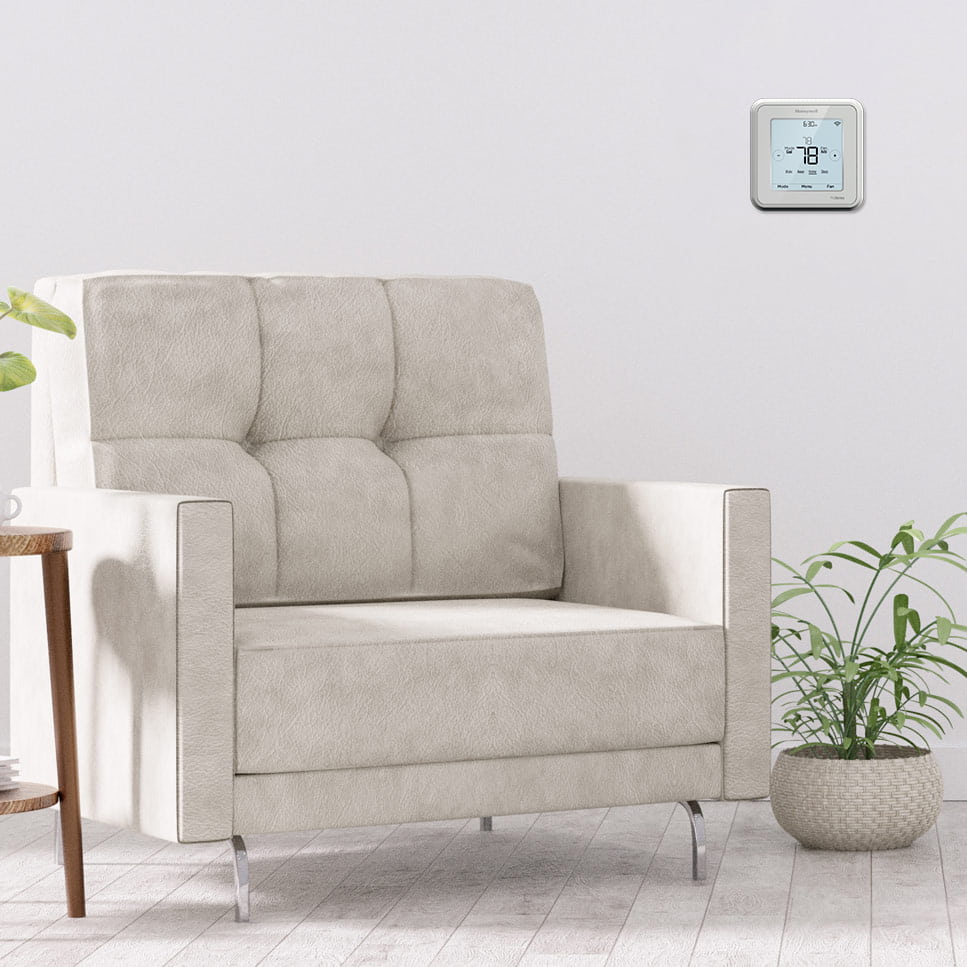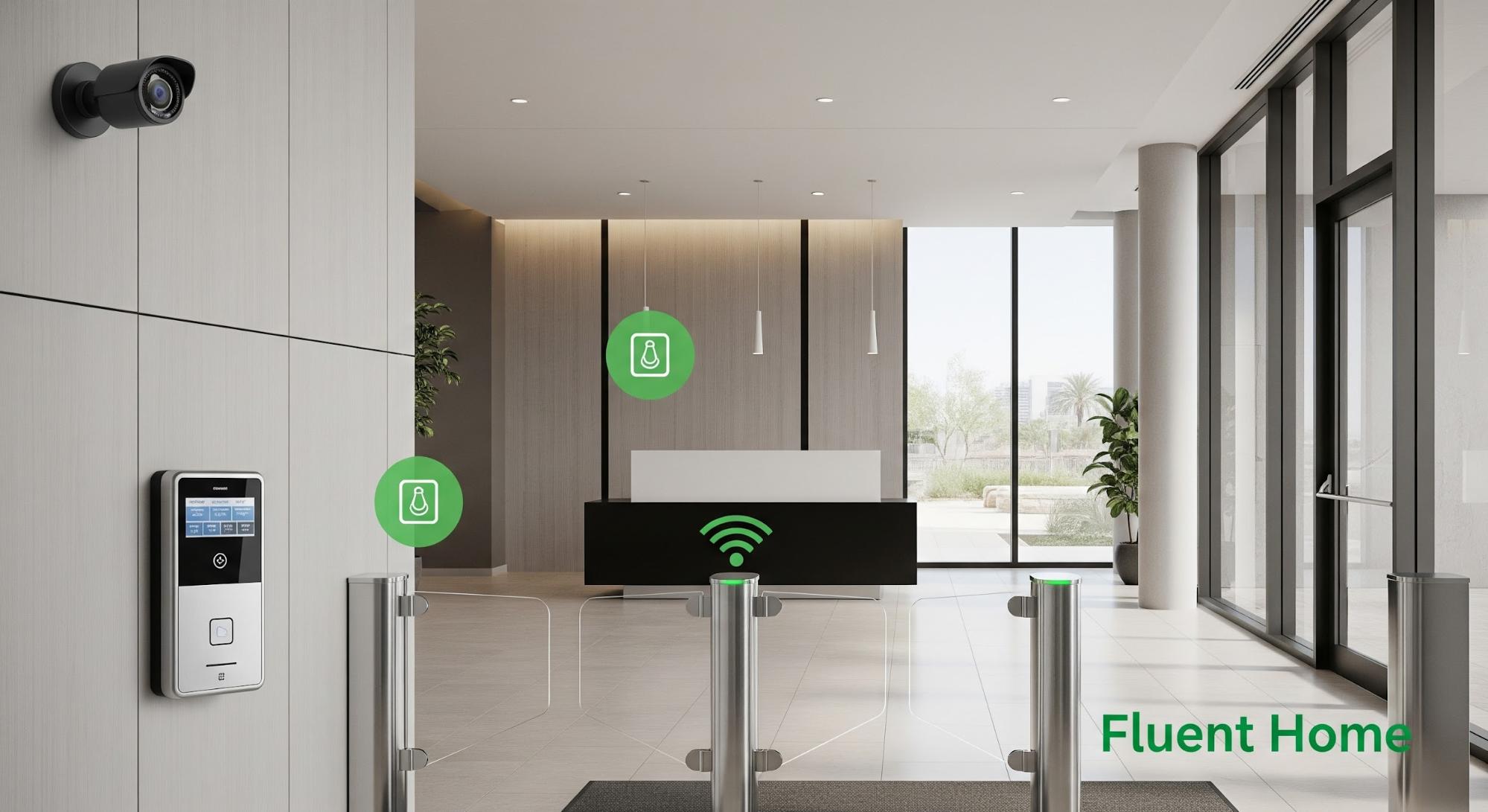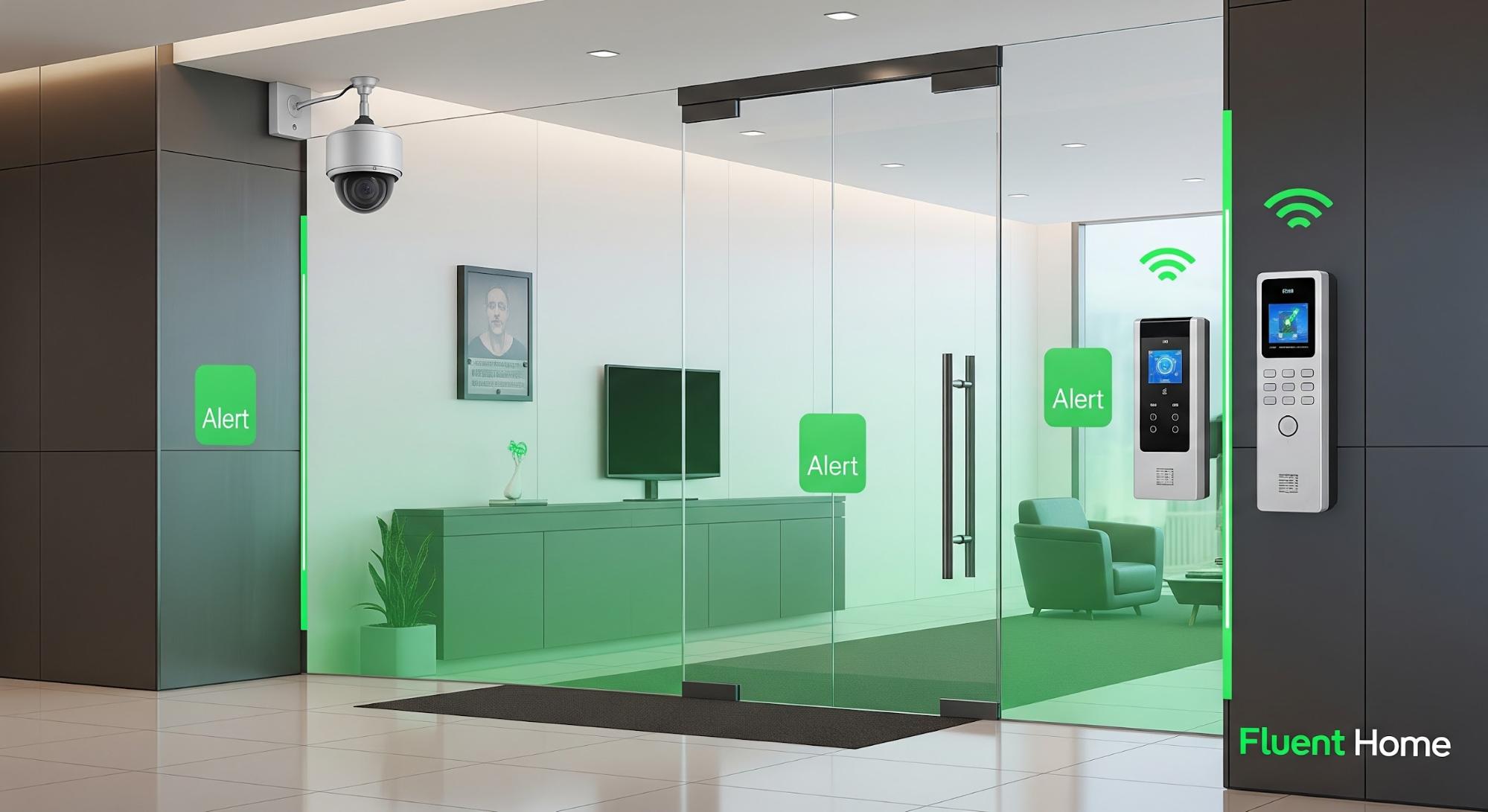Finding the Best Energy Efficient Air Conditioner
Finding an energy efficient air conditioner and keeping a nice cool indoor environment is important, but it can at times be overwhelming. Unless you’re an expert, it can be difficult to determine exactly what you are looking for in an energy efficient air conditioner amidst a sea of abbreviations like BTU, EER, SEER, and HSPF, and terms like “energy star certified.” But why is it so important to find an energy efficient air conditioner? According to energy.gov, your HVAC system can account for half of the energy use in your home. That’s reason enough to take some time to consider your current HVAC (and specifically your air conditioner) situation and determine how you can find the best energy efficient air conditioner and/or heater in order to cut costs and save energy.
Understanding Abbreviations
In order to find the best energy efficient air conditioner to fit your needs, you’ll need to know some of the basic terminology. Some of the most important abbreviations are BTU, EER, SEER, and HSPF.
What Does BTU Stand For?
BTU stands for British Thermal Unit. While British is in the name, the unit has come to be a general term used in the United States to measure energy. One BTU signifies the amount of energy needed to increase the temperature of a pound of water by one degree Fahrenheit. What you need to know about BTUs when it comes to selecting an air conditioner is this: the higher the BTUs, the more square feet the unit can effectively cool. The BTU rating that’s best for your home size may vary, so be sure to take time to look into a BTU cooling calculator in order to determine which rating is best for your situation.
What Does EER Stand For?
EER stands for energy efficiency ratio. Some experts say that if you are after energy efficiency, you’ll want to look for an air conditioner with an EER value of 11.6 or greater. EER is calculated by taking the BTU rating and dividing it by the watts of power required to run the unit. The main thing to know is simply that the higher the EER rating, the more energy efficient the air conditioning unit is.
What Does SEER Stand For?
SEER stands for seasonal energy efficiency ratio. It’s calculate similarly to EER, but it is more specific in that it takes the average energy efficiency ratio over a cooling season. SEER ratings typically range from 13 to 21. Higher numbers mean higher efficiency. The SEER rating is similar to miles per gallon in your car. What you do want to watch out for when it comes to SEER is how the number is calculated. EER doesn’t take into account seasonality, and therefore doesn’t add in any additional numbers for calculation. SEER, on the other hand, uses numbers like average US household energy expenditures and also incorporates a number pulled from a large temperature range, with the average around 83 degrees Fahrenheit. The issue with SEER is that it can be misleading, particularly if you live in a climate that is either much hotter or much cooler than the average of 83 degrees. To get the most accurate direct comparison between air conditioners, it’s best to use the straight EER value as it doesn’t factor in any arbitrary seasonal temperature changes.
What Does HSPF Stand For?
HSPF stands for heating seasonal performance factor. The HSPF essentially calculates heating output over a heating season compared to electricity use. HSPF is very similar to SEER, but it is often used to measure heat pump efficiency instead of cooling capacity. You’ll want to pay attention to the HSPF if you are considering purchasing an entire HVAC system that includes both a heater and an air conditioner.
So What Does it All Mean?
In general, the higher the BTU, EER, SEER, or HSPF, the better in terms of efficiency. As a general rule of thumb, high numbers across these abbreviations is what you’re after. Also remember that, if possible, it’s probably best to compare EER ratings instead of SEER when comparing two A/C units, as the SEER ratings can be more subjective depending on the temperature used in the calculation.
What to Consider When Selecting an Energy Efficient Air Conditioner
There are a number of things to consider before choosing an energy efficient air conditioner for your home. Here are just a handful of items you’ll want to take into consideration when searching for the perfect energy efficient air conditioner:
- Your Budget
- The Size of Your Home
- The Type You Want
- Smart Home Integration Capabilities
Your Budget
Before you search for an air conditioner, you’ll want to know your budget. This will provide some necessary constraint and clarity as you go through the research and purchase process. Having a budget will help you narrow your focus and eliminate certain models right away, making the process easier. You don’t want to get stuck realizing that the unit you want is out of your price range. Know your limits early on so you don’t run into problems later in the process. Take time to determine the annual cost and average lifetime costs of each unit as you do your research to ensure you are staying in budget.
The Size of Your Home
It’s critical to determine the size of your home or the area you want to cool before making a purchase decision. If you’re simply cooling one room, for instance, you may not need an extensive system. In that case, a ductless air conditioner or swamp cooler may suit your needs. For the winter, a ductless heat pump might work well. You can find a simple BTU calculator online to help you determine the right unit specifications for your particular needs.
The Type of Air Conditioner You Want
Air conditioner or fan? Or an air conditioner with inverter? There are so many different ways to stay cool, so it’s important that you decide which option you’d prefer. Depending on your needs and budget, you may want to consider the advantages of an air conditioner vs dehumidifier or an air conditioner vs air cooler. You may also be able to find an air conditioner with heater package if you’re looking for both. The point is that there are so many different solutions and units available that you’ll want to take some time to narrow your focus before you buy.
Smart Home Integration Capabilities
If you’re looking to just cool a single room, there are some great WiFi smart window air conditioners available that allow you to control climate from your smartphone. You’ll also want to consider how your system will integrate with a smart thermostat or programmable thermostat. These may be small considerations, but it’s always wise to double check to ensure that you get the device that will offer the features you desire or the integration capabilities you need.
What are the big takeaways when considering an energy efficient air conditioner?
We’ve thrown a lot of information at you, but here are the biggest takeaways:
- Be sure to understand what each abbreviation means. In general, the higher the number on each of the abbreviations we’ve mentioned, the more energy efficient.
- Know your budget, the size of your home, they type of system you want, and whether you’ll need smart home integration capabilities.
- Take your time to find the energy efficient option that works best for you, whether that’s the best central air conditioner on the market, or a simple in-window ductless air conditioner.


